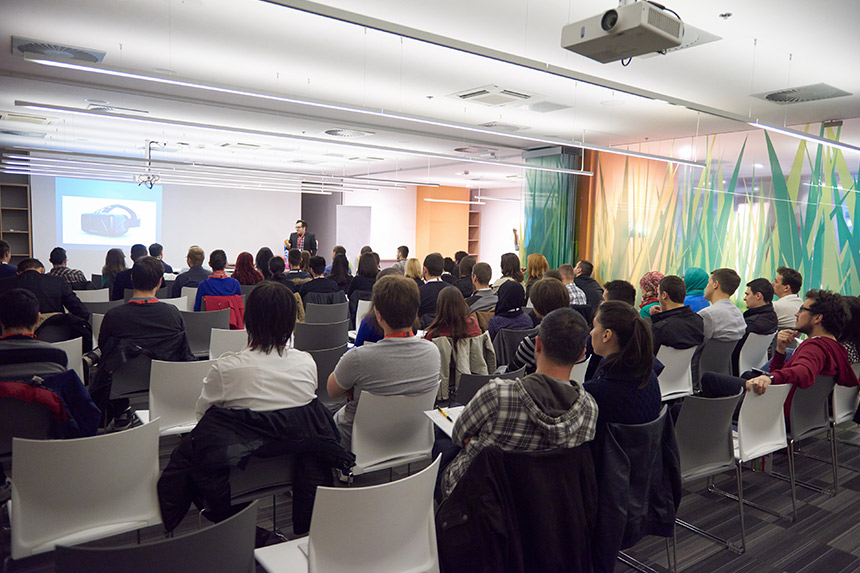How to benefit from academic conferences? Attending academic conferences can be an invaluable experience for scholars, researchers, and students. Here are several ways to maximize the benefits of participating in these events:
1. Networking Opportunities
- Meet Peers and Experts: Engage with fellow attendees, researchers, and faculty members. Building relationships can lead to collaboration opportunities, mentorship, and friendships.

- Business Cards & LinkedIn: Bring business cards to share, and connect through LinkedIn to maintain professional relationships.
2. Presenting Your Work
- Share Your Research: Presenting your work in a poster or oral presentation helps you gain visibility and receive constructive feedback.
- Practice Public Speaking: Use the opportunity to refine your presentation skills, which are essential for academic and professional growth.
3. Learning from Others
- Attend Sessions and Workshops: Participate in panels, workshops, and keynote speeches to gain fresh insights into your field.
- Broaden Your Knowledge: Explore topics outside your immediate research area to develop a more comprehensive understanding of interconnected disciplines.
4. Engaging with Feedback
- Q&A Sessions: Take advantage of question-and-answer periods after presentations to engage and get diverse perspectives on your work.
- Informal Discussions: Use breaks to discuss your findings with other attendees, which can lead to valuable insights and suggestions.
5. Staying Current
- Understand Trends: Learn about the latest research and methodologies to keep your work relevant and informed by recent developments in your field.
- Explore Emerging Topics: Identify trending issues that could enhance your own research or open up new avenues for exploration.
6. Professional Development
- Workshops and Training: Attend sessions aimed at skill-building, such as grant writing, publishing strategies, or software training.
- Career Advice: Engage with recruiters and academic leaders to learn more about career paths and job opportunities.
7. Publishing Opportunities
- Conference Proceedings: Consider submitting your research to be included in the conference proceedings, increasing your publication record.
- Networking for Collaborative Publications: Discuss potential collaborative papers with others you meet.
8. Cultivating a Research Presence
- Develop a Research Agenda: Use the conference as a space to refine your research questions and set goals for future projects.
- Establish Yourself in the Community: Regular attendance can help you become a recognized member of your academic community.
9. Leveraging Social Media
- Share Experiences Online: Use social media to share key takeaways and engage with a broader audience.
- Follow Hashtags: Stay up-to-date on discussions relating to the conference by following specific hashtags on platforms like Twitter.
10. Reflect and Follow-Up
- Take Notes: Document your key takeaways and any contacts made during the conference.
- Follow Up: Reach out to new contacts after the conference to maintain relationships and potentially collaborate in the future.
By leveraging these strategies, you can maximize your experience at academic conferences, contributing to your personal, professional, and academic growth.

